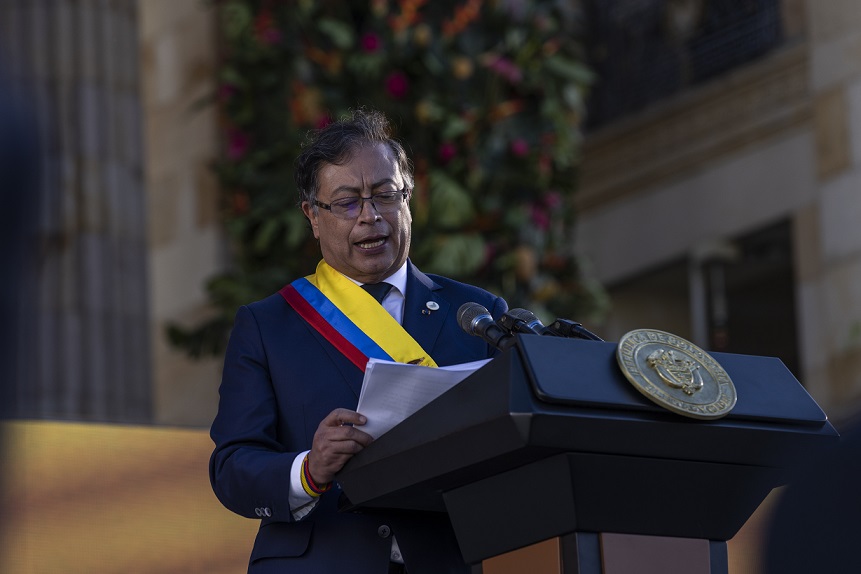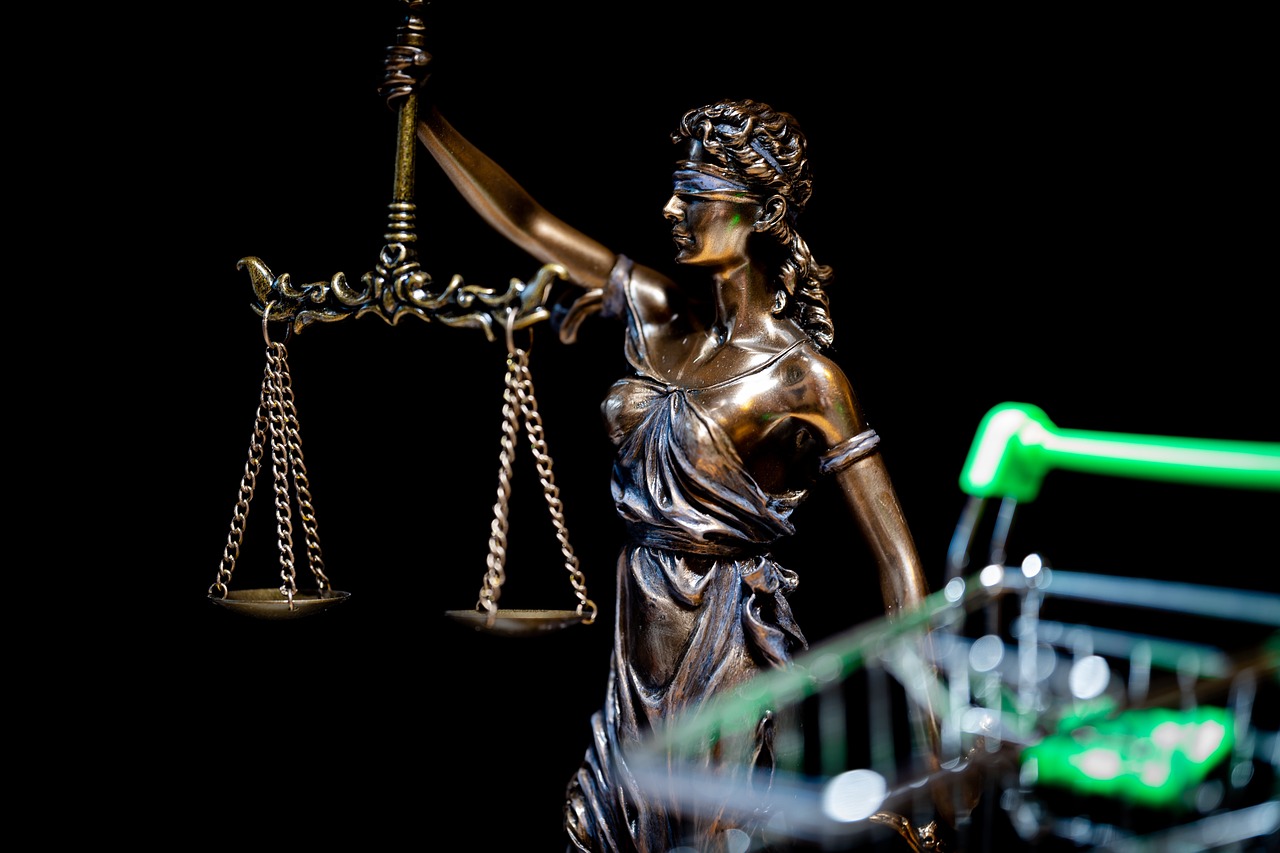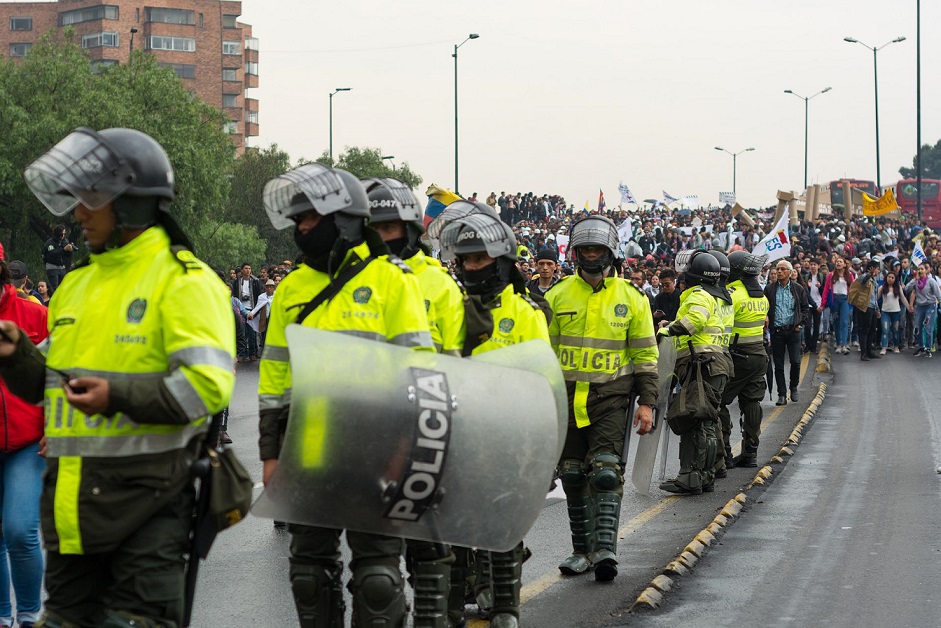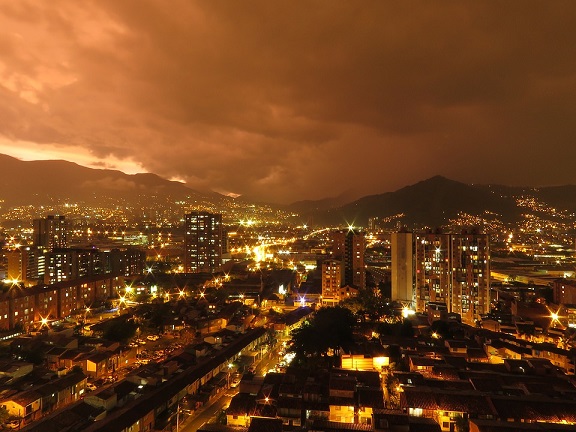By constitutional design, it falls to the President of the Republic to present the Supreme Court of Justice with a shortlist of three candidates from which the nation’s new attorney general will emerge.

Germán Ayala Osorio
Due to the bitter personal, institutional and political confrontations between President Gustavo Petro and the attorney general, Francisco Barbosa, the attorney general’s office has just recused the leader of the Colombians, aiming to take away from him the right to present the expected shortlist.
Added to the above is the case of Nicolás Petro (the President’s son), recently caught and charged with serious offences such as illicit enrichment.
Although the President said early on that he will respect the actions of the prosecuting body, the Colombian right, tied to Uribism (the name given to the movement supporting former president Alvaro Uribe), wants to prevent the President from fulfilling his constitutional duty.
What is striking is that the country still does not know who is on the shortlist and they already seem nervous at the possibility that President Petro proposes three names of upright, decent lawyers who are not vulgar shysters who end up plunging the attorney general’s office into disrepute, an office that is responsible for 94% of the impunity in over 57,000 corruption cases. Without mentioning the impunity in offences like homicide and, in particular, in the institutional decision not to capture criminals belonging to the Gulf Clan.
What is certain is that Francisco Barbosa has little time left as the nation’s attorney general. His exit becomes the opportunity for Gustavo Petro, in the name of the state, to recover for the state and for the rule of law, an institution permeated for a long time by mafias of all descriptions.
 Barbosa, as a standard-bearer for Uribism, has been watching former attorney general Néstor Humberto Martínez Neira’s back and is following Uribism’s guidance, geared towards putting obstacles in the way of the presidential proposal for Total Peace. Several times now Barbosa has refused to give the President institutional backing in the matter of suspending the arrest warrants for FARC dissidents and members of the Gulf Clan.
Barbosa, as a standard-bearer for Uribism, has been watching former attorney general Néstor Humberto Martínez Neira’s back and is following Uribism’s guidance, geared towards putting obstacles in the way of the presidential proposal for Total Peace. Several times now Barbosa has refused to give the President institutional backing in the matter of suspending the arrest warrants for FARC dissidents and members of the Gulf Clan.
While time passes and the prosecutor packs his bags – I imagine with the help of his wife, Walfa Téllez, who faces a lawsuit for allegedly violating disqualification rules in a contract, Petro is taking the opportunity to say that “drug-trafficking, on the back of building its own payroll with money, has penetrated the National Protection Unit (UNP), the Special Assets Company (SAE), the attorney general’s office, law enforcement, the tax authority (DIAN) and the customs service”.
The Head of State’s words are not mere signalling: they are confirmation of what we Colombians all know. On a previous occasion, Petro himself described the state as murderous during the ceremony to recognise the victims of the Aro and La Granja massacres.
If we look from an institutional, ethical and moral perspective, what the President of the Republic is doing is giving Colombian society a jolt so that at last it takes on republican behaviours and condemns corruption, and banishes the mafia ethos which, according to the leader himself, has penetrated the institutions of the attorney general’s office, the tax authority, the Special Assets Company and the National Protection Unit.
 This last entity has become a nest of political intrigue in which legality and illegality, cheating, treachery and administrative disorder exist side by side.
This last entity has become a nest of political intrigue in which legality and illegality, cheating, treachery and administrative disorder exist side by side.
Gustavo Petro’s signalling is, to a large extent, part of a response he was very probably advised to give, to tackle a scandal his eldest son, Nicolás Petro, is embroiled in.
It is possible the President is preparing the structure of the International Commission which will be responsible for investigating corruption in state entities, and in specific cases that are progressing slowly in Barbosa’s attorney general’s office: the most well-known, that of Odebrecht and the Ruta del Sol highway, as well as the deaths of Jorge Enrique Pizano and his son, poisoned by cyanide. Remember that Pizano senior was a witness to the whole network of corruption in the construction of the Ruta del Sol. And of course, the criminal proceedings against the ex-prisoner and ex-president, Álvaro Uribe Vélez.
Let’s remember that the attorney general’s office has been operating as the self-appointed defender of the large landowner, since it has twice applied to judges to have the proceedings underway against prisoner ID 1087985 (Uribe) for procedural fraud and witness manipulation stopped. There is also the case of his brother, Santiago Uribe, which has been underway for almost two years now and the judge has just issued a ruling about the creation of the paramilitary group The 12 Apostles.
Petro will have the chance to measure the level of penetration of drug-trafficking and the fear the justice system has of Uribe, proposing a shortlist to the Supreme Court of Justice of three names of upright citizens.
 Completely untarnished and, above all, not close to Uribe, and far less close to Néstor Humberto Martínez and the outgoing attorney general.
Completely untarnished and, above all, not close to Uribe, and far less close to Néstor Humberto Martínez and the outgoing attorney general.
Once the shortlist has been drawn up, the Supreme Court could refuse to choose one of the three, several times. That is a risk. It is possible, then, that the leadership of the attorney general’s office could fall into an inconvenient interim period.
*Germán Ayala Osorio: Social communicator, journalist and political scientist, author of the blog La otra tribuna.
(Translated by Philip Walker – Email: philipwalkertranslation@gmail.com) – Photos: Pixabay












.jpg)












